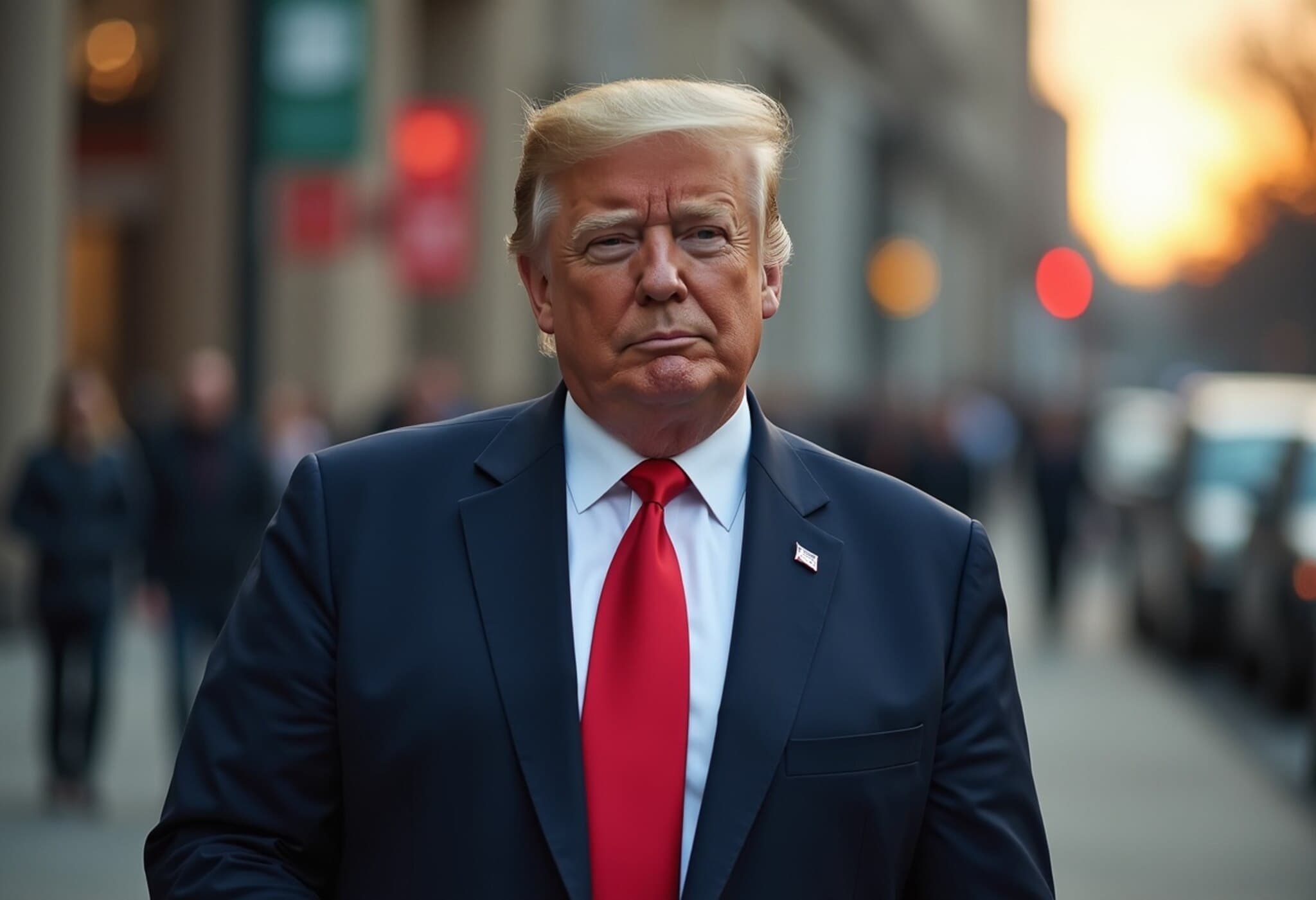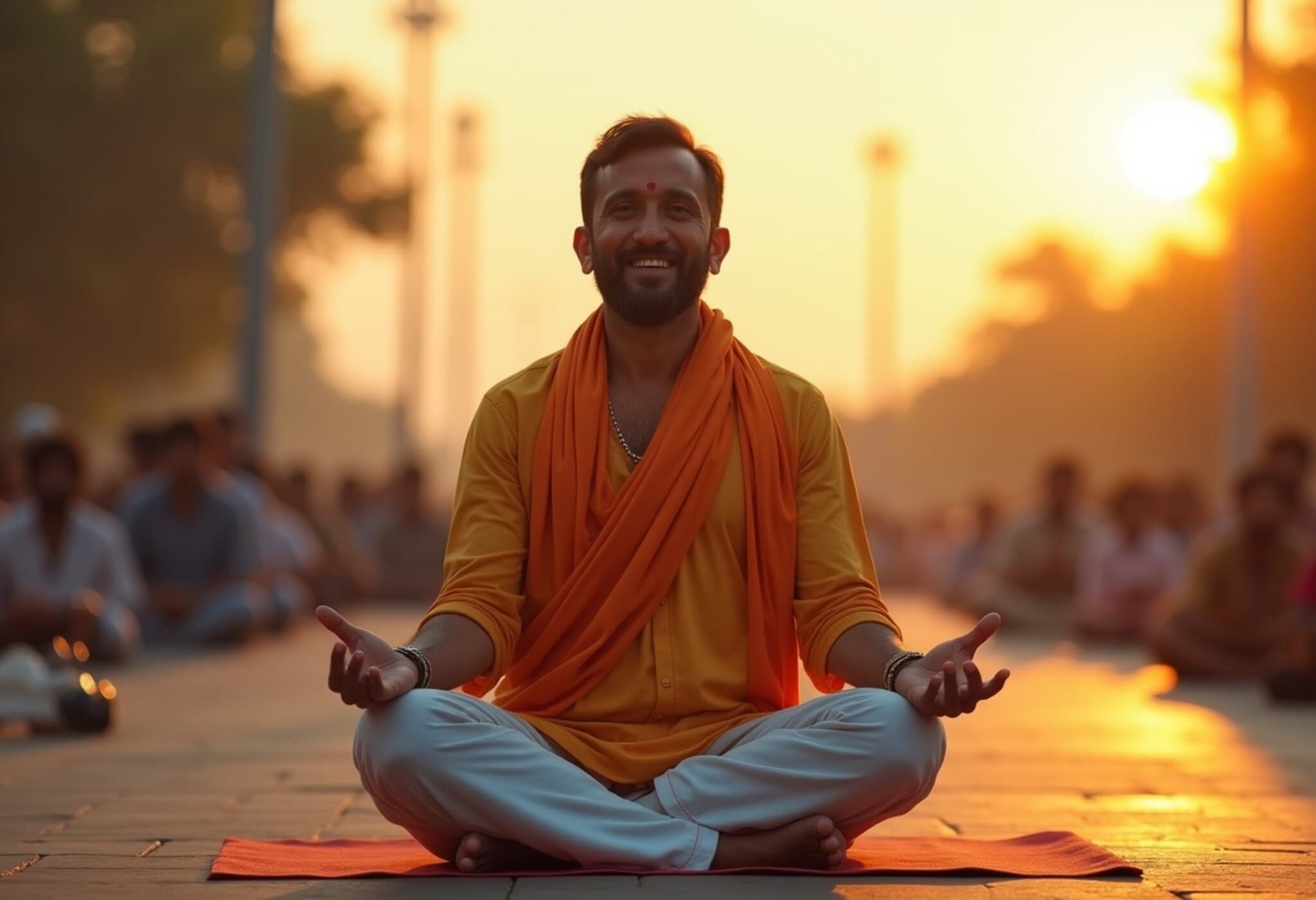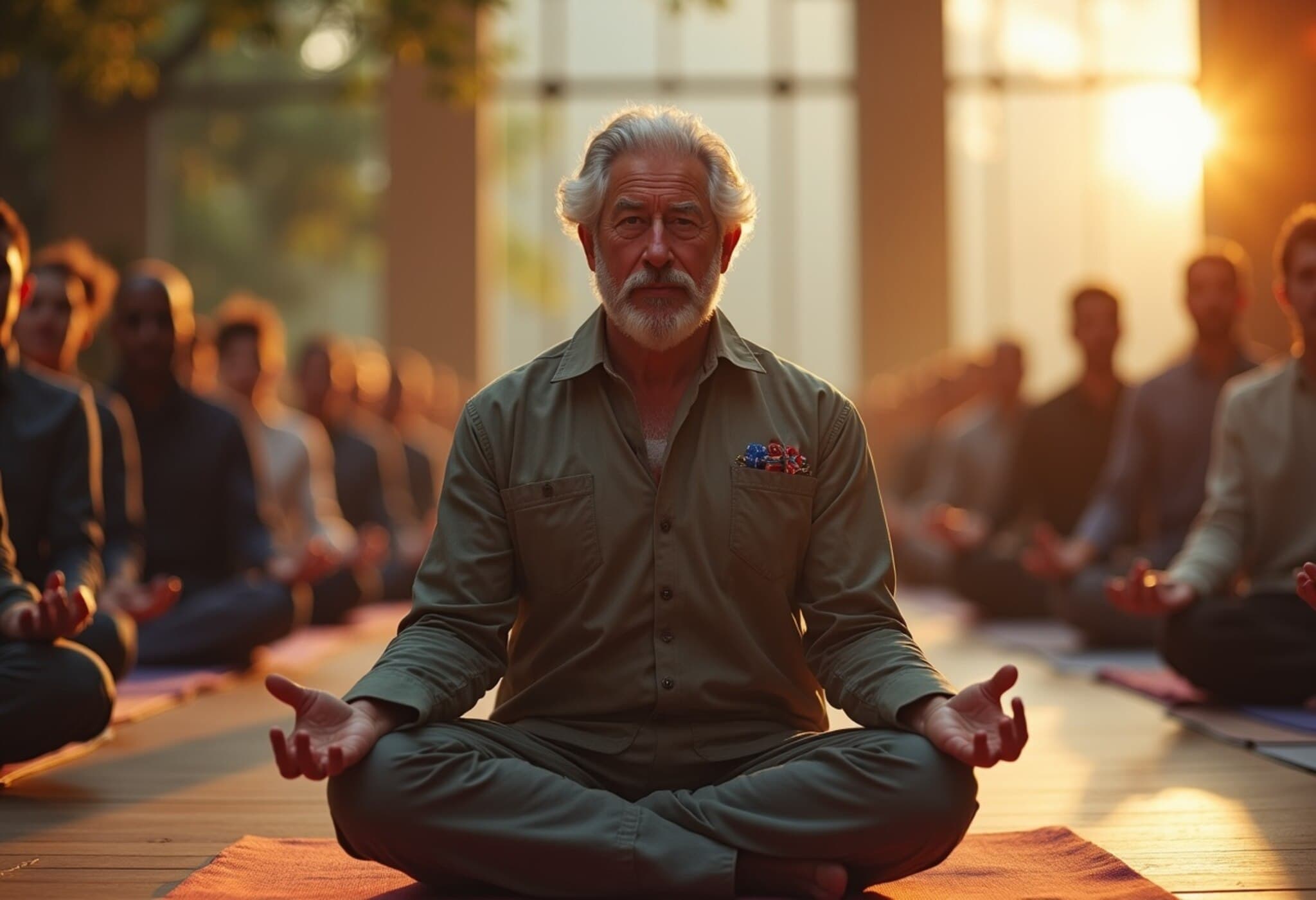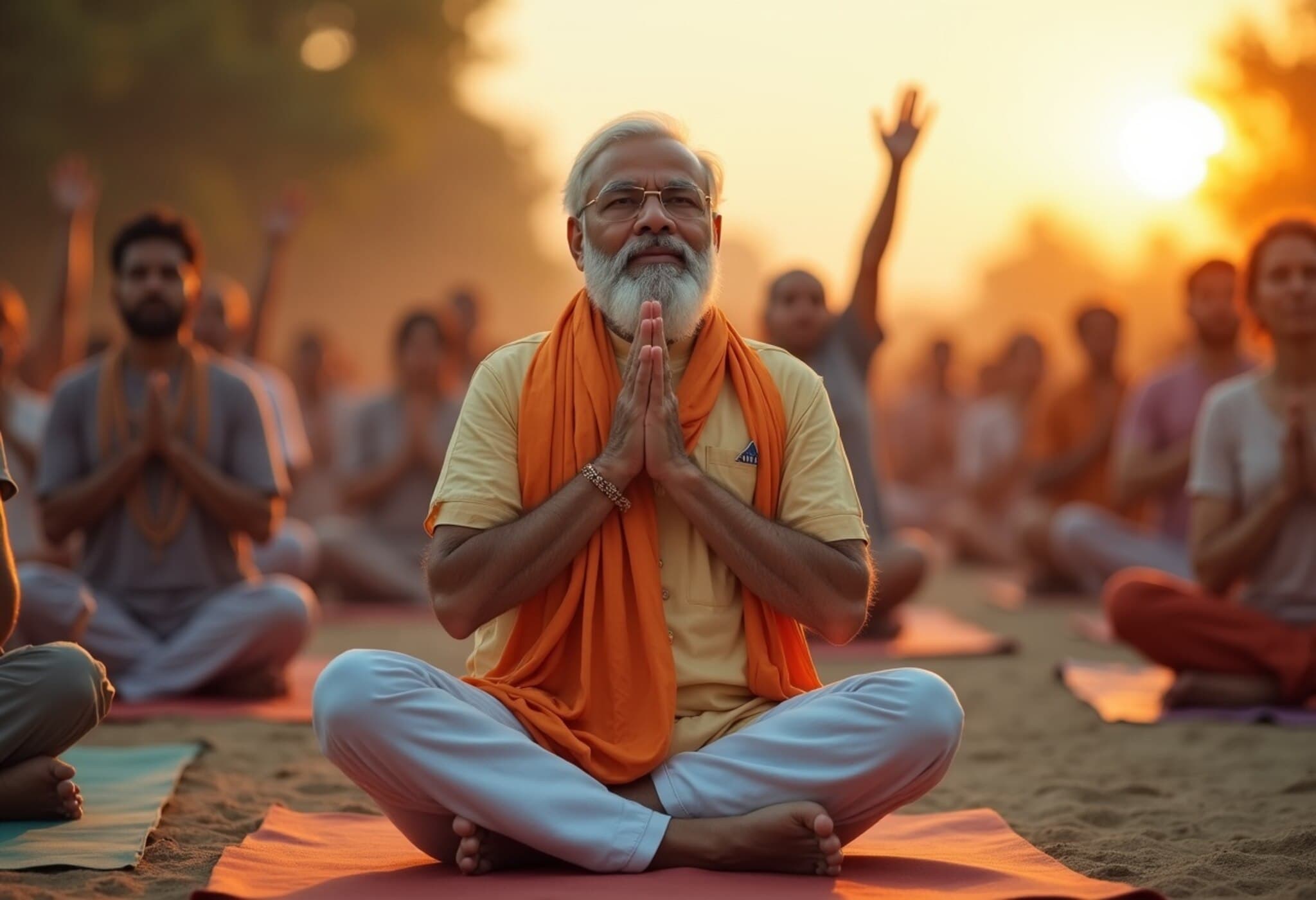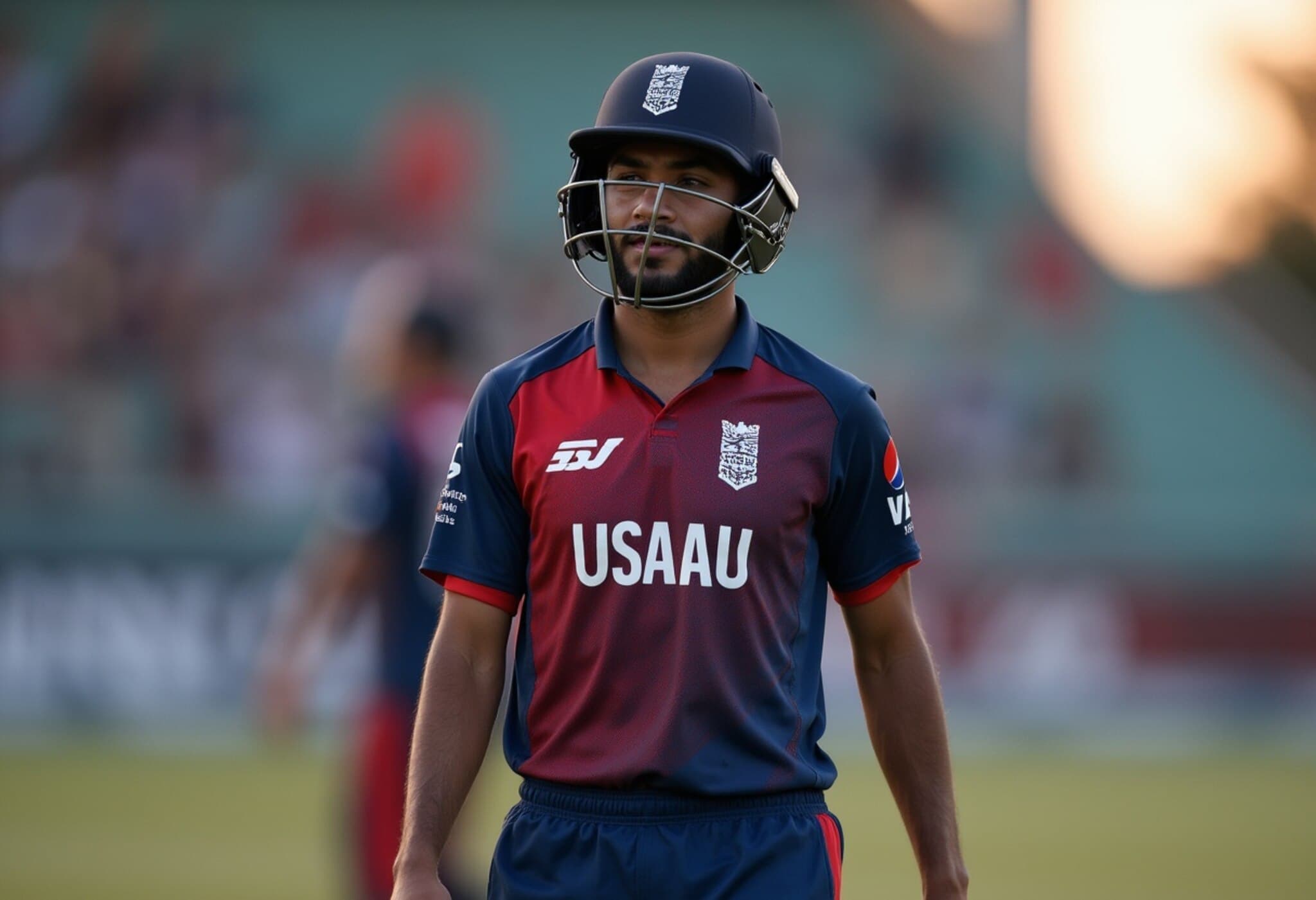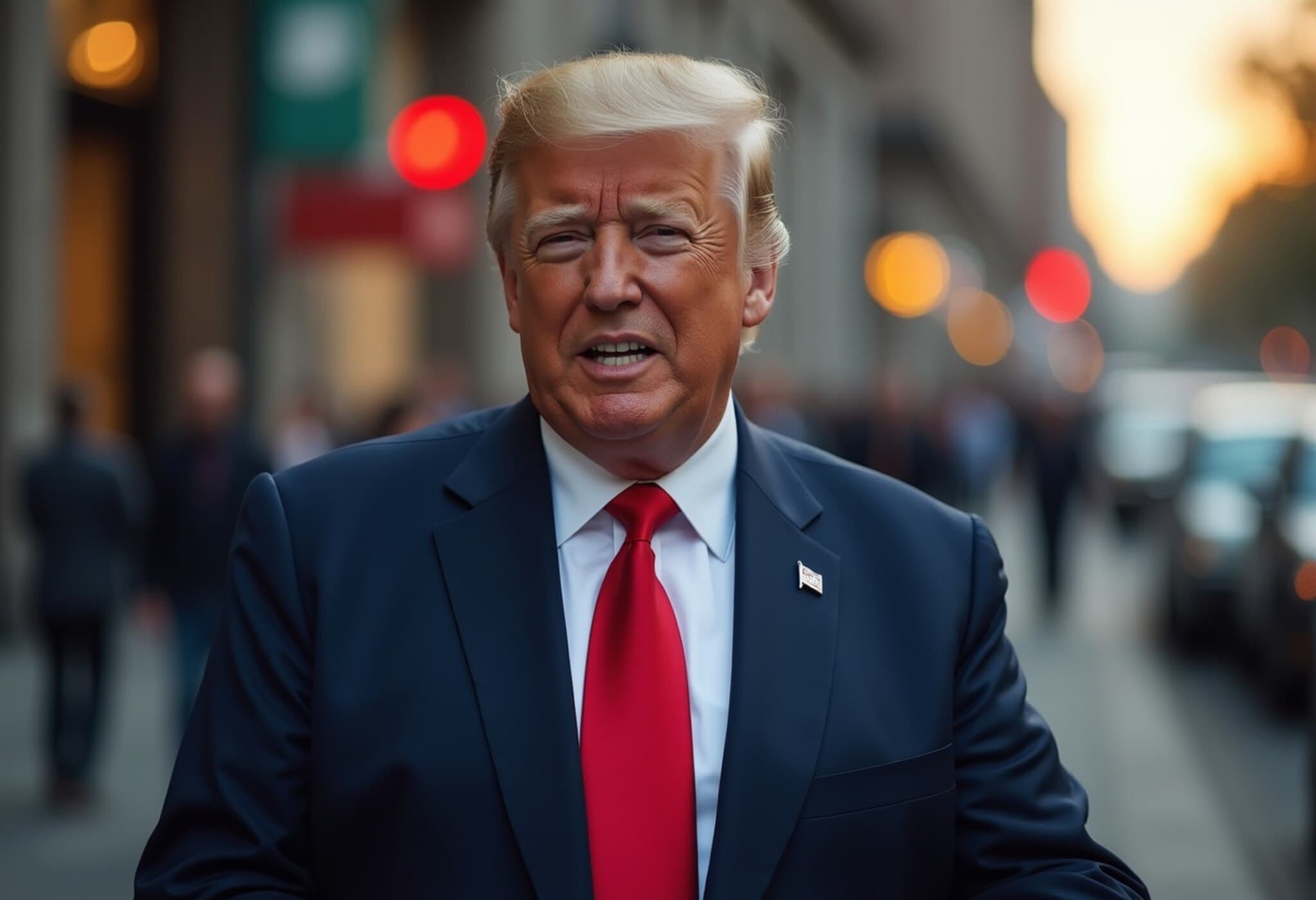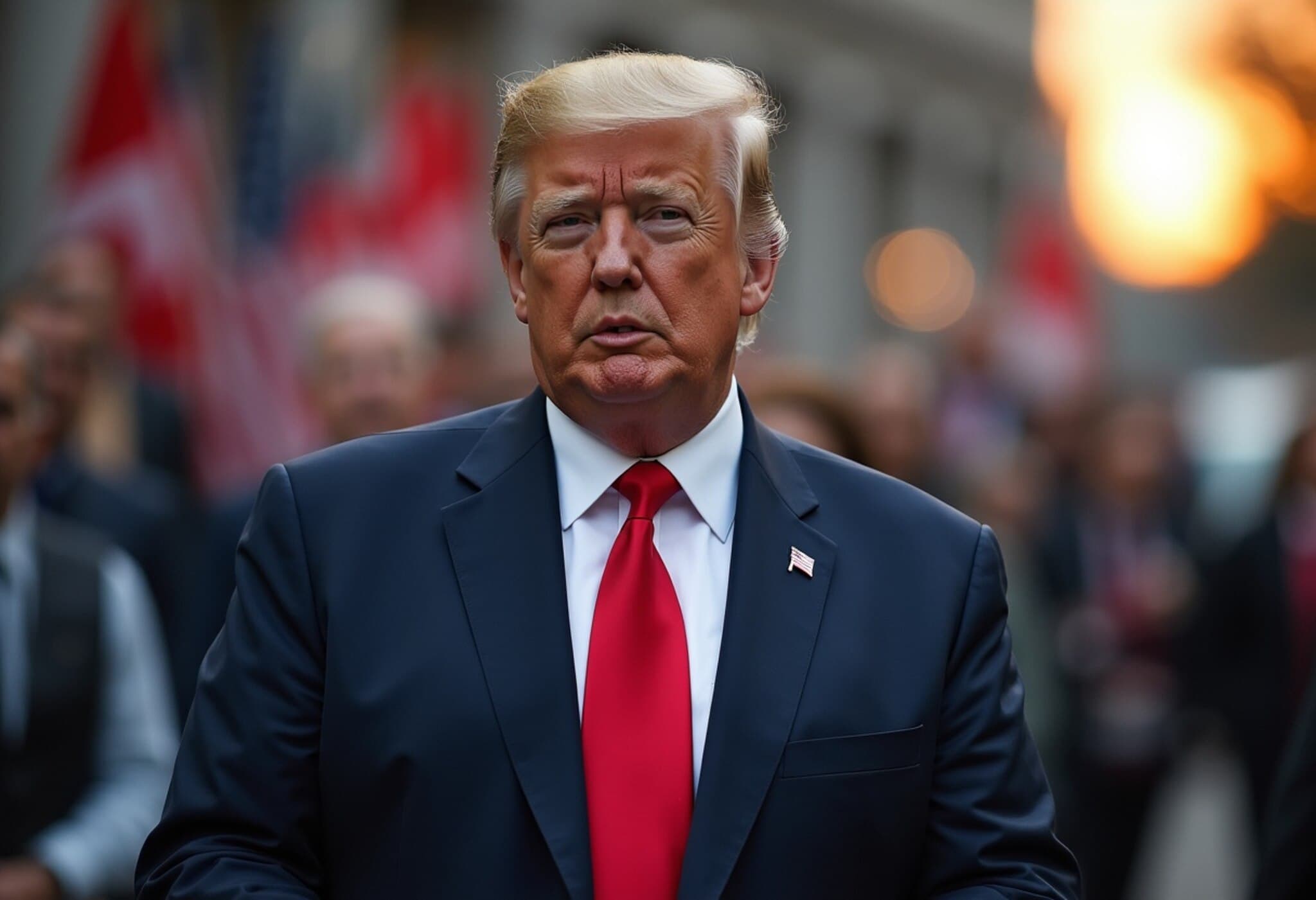Trump Restores the Iconic Presidential Fitness Test
On July 31, 2025, President Donald Trump signed an executive order reintroducing the Presidential Fitness Test, a hallmark of American public school physical education since 1966. Once sidelined during the Obama administration, this program aims to rejuvenate youth physical health by assessing children’s fitness through challenges like the 1-mile run, sit-ups, push-ups, and flexibility exercises.
A Tradition Rekindled with a Modern Twist
"This is a wonderful tradition, and we're bringing it back," Trump declared at the White House ceremony, underscoring the test as key to fostering physical discipline among young Americans. Unlike the revised Youth Fitness Program that replaced it in 2012—which focused more on individualized health benchmarks than competition—the revived test will also introduce a Presidential Fitness Award to recognize outstanding achievements.
Enhancing the President’s Council on Sports, Fitness, and Nutrition
Alongside the test’s reinstatement, Trump revitalized the national sports council, formally known as the President’s Council on Sports, Fitness, and Nutrition. The council now features a diverse mix of past and present sports figures, some stirring controversy. Notable attendees included golf professional Bryson DeChambeau, Kansas City Chiefs kicker Harrison Butker, golf legend Annika Sorenstam, WWE executive Paul “Triple H” Levesque, and former New York Giants linebacker Lawrence Taylor.
With up to 30 members, the council’s mandate goes beyond youth fitness. It targets college-level athletics issues such as the evolving transfer portal system and clarifying athlete employment rules — key policy areas amid growing debates about collegiate sports governance.
Trump’s Personal Connection to Sports
Trump’s passion for sports is well documented. An avid golfer who regularly plays weekends at his private clubs, he also frequently travels to major sporting events including the Super Bowl, Daytona 500, and UFC matches. These engagements illustrate how sports occupy a central role in his domestic agenda.
“I was always a person that loved playing sports,” Trump shared, emphasizing how sports offer not just physical benefits but mental escapism—"you get away for a couple of hours." This sentiment resonates with many Americans seeking healthy outlets amid today’s fast-paced lifestyles.
Controversies Surrounding Council Members
The inclusion of certain council members has sparked public debate. Lawrence Taylor, for instance, remains a registered sex offender with past legal controversies that contrast sharply with the wholesome image traditionally associated with youth fitness initiatives.
Similarly, kicker Harrison Butker drew criticism for comments linking gender ideology to concerns about youth education and cultural values. His establishment of a political action committee promoting “traditional values” reflects the politically charged environment surrounding sports and societal issues.
Expert Perspectives on the Fitness Test’s Revival
While the fitness test’s return commands attention, experts urge a broader, more nuanced approach. Laura Richardson, a kinesiology professor at the University of Michigan specializing in obesity, notes that the test offers a valuable assessment tool but should be paired with targeted interventions.
“It’s not just you get a score and you’re doomed,” Richardson explained. “But you get a score, and we can figure out a program that really helps the improvement.” This perspective highlights the need for comprehensive programs that support all students’ physical development rather than focusing solely on raw metrics.
Looking Ahead: America’s Sports Future
The reinstatement of the Presidential Fitness Test arrives as the United States prepares to host an unprecedented array of international sporting events—including the 2025 Ryder Cup, the 2026 FIFA World Cup, and the 2028 Summer Olympics. The government’s renewed emphasis on fitness and sports fits into a larger strategy to position the U.S. as a global leader in athletic excellence and youth health promotion.
Balancing Legacy and Progress
Reintroducing a program with roots stretching back over half a century invites reflection on balancing tradition with today’s health realities. With childhood obesity rates at historic highs, programs like this must adapt to inclusivity and diverse fitness levels without fueling unhealthy competition or stigma.
Editor’s Note:
President Trump’s revival of the Presidential Fitness Test rekindles a familiar tradition at a critical moment for American youth health. Yet this move raises critical questions: How will policymakers ensure the test promotes inclusivity and well-being rather than just performance? Can the newly empowered President’s Council address the complex challenges facing youth and collegiate athletics today amid political controversies and social debates? As the nation looks toward major upcoming sporting events, these debates will shape how sports influence American culture and youth development for years to come.

